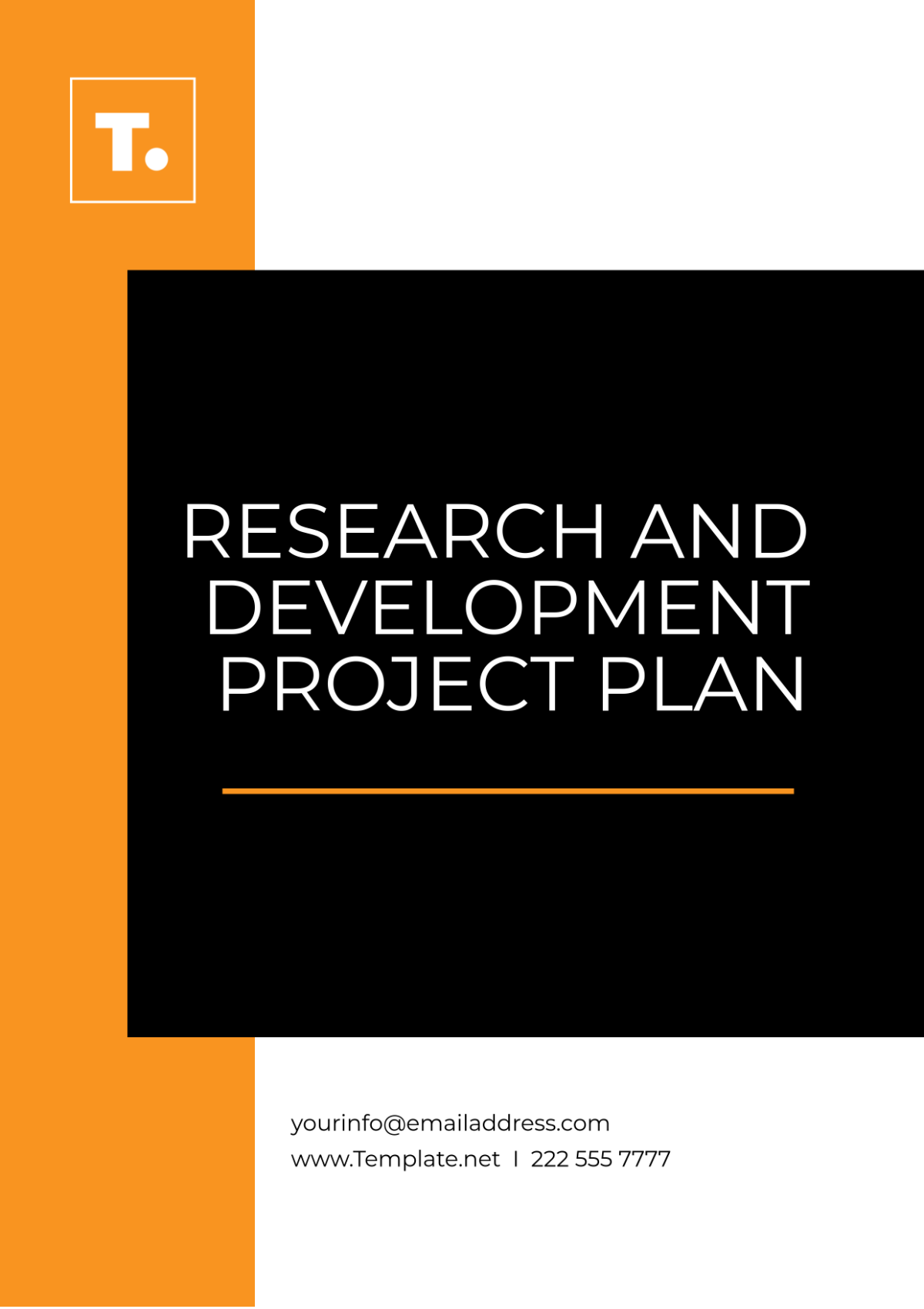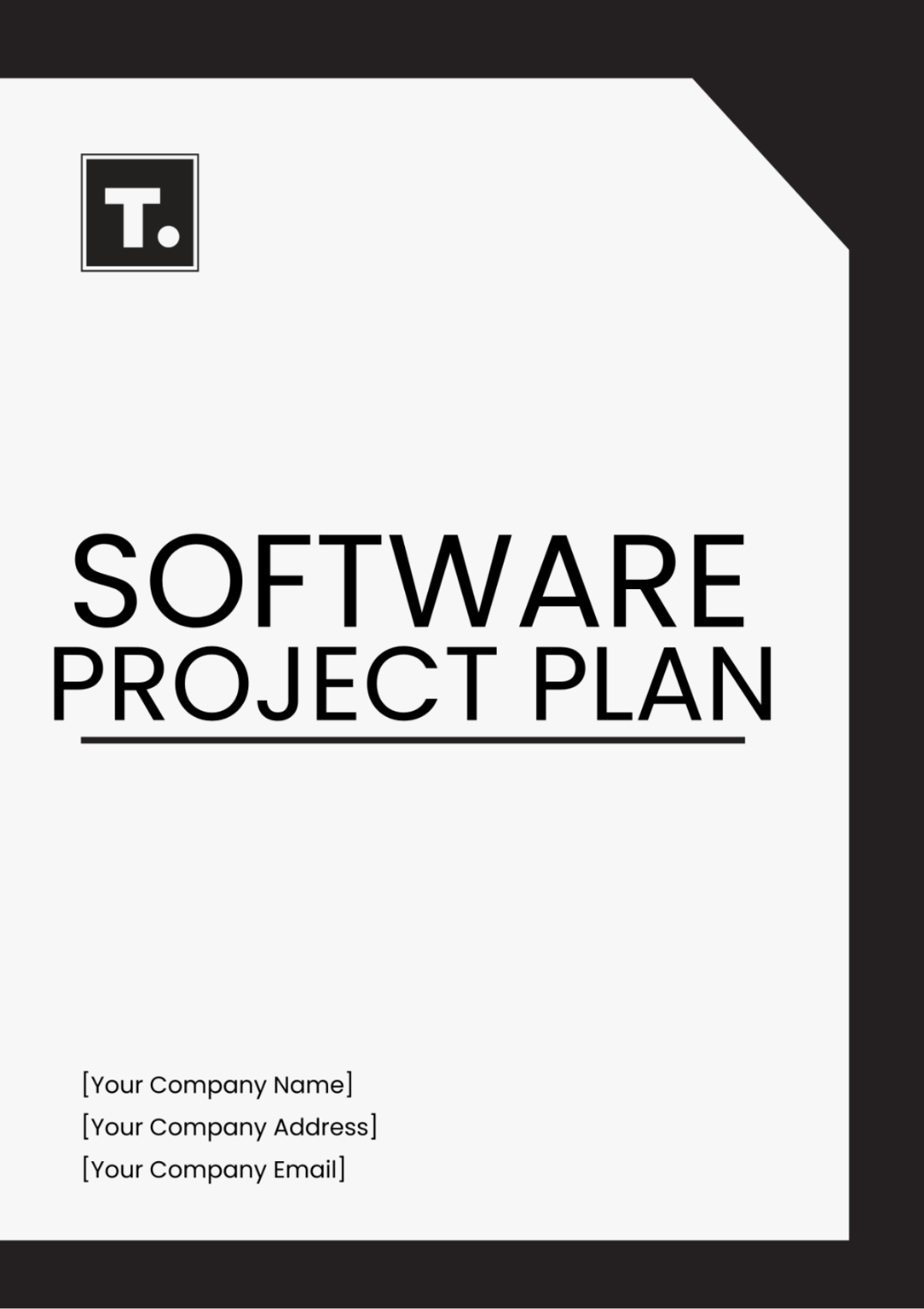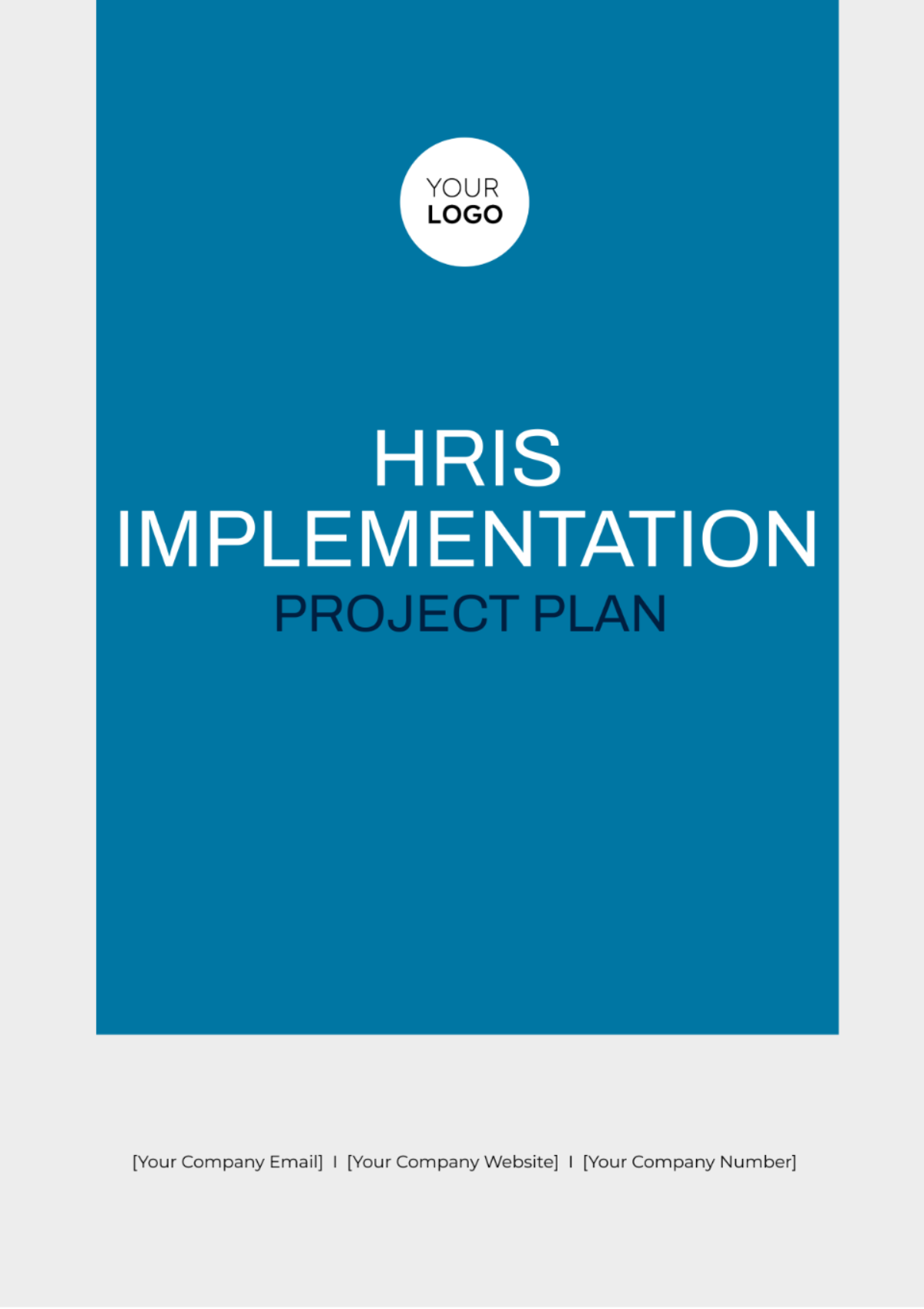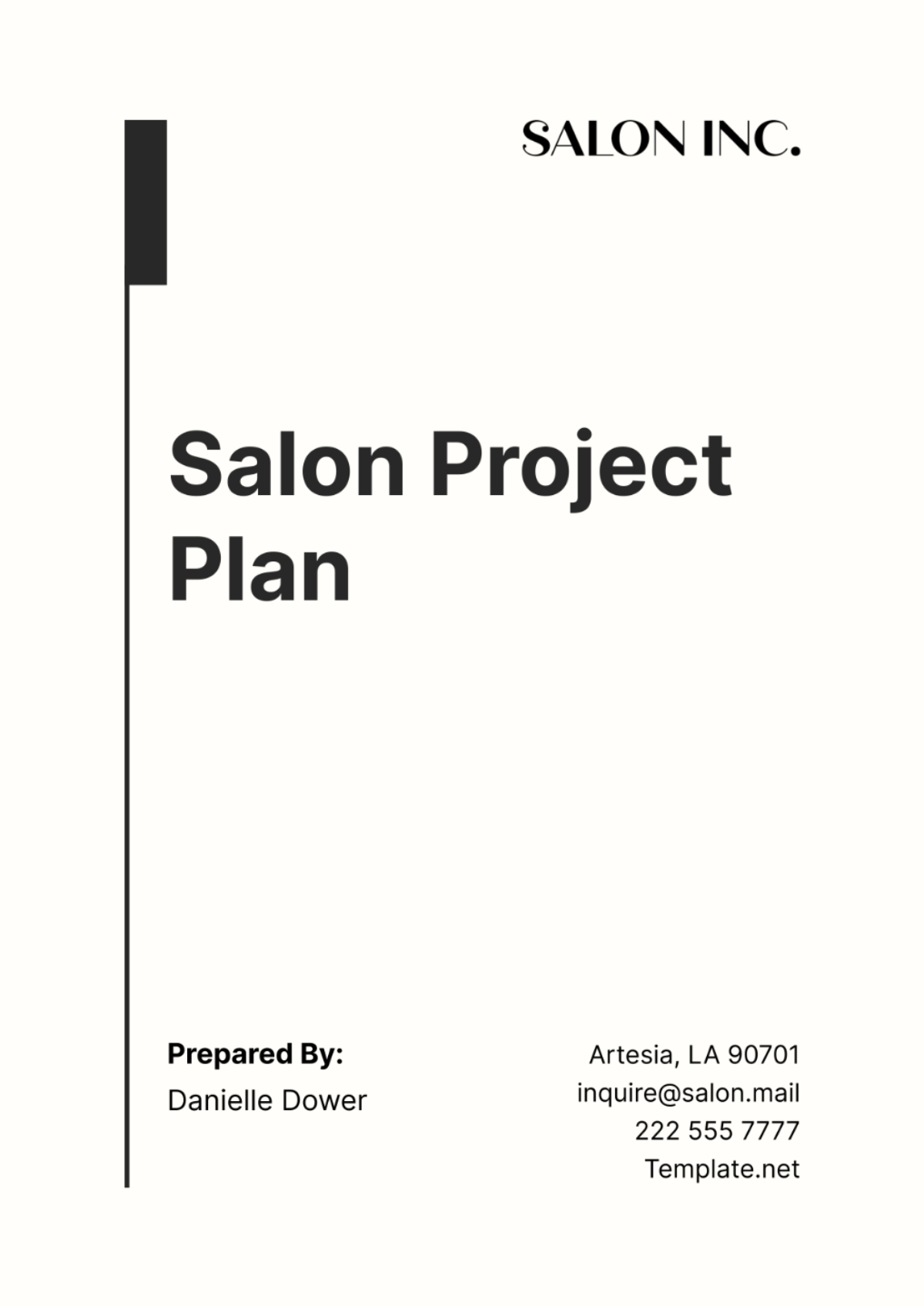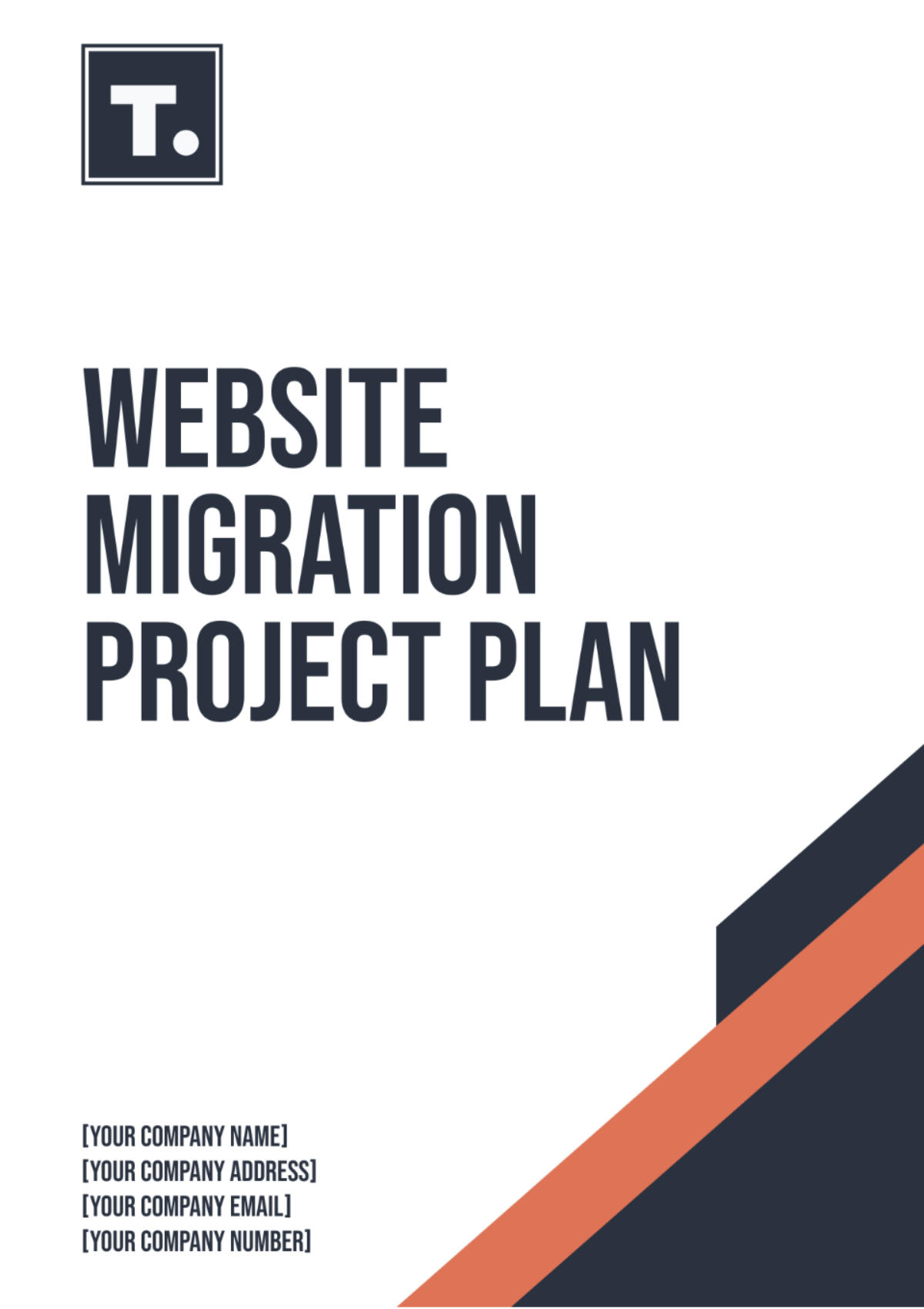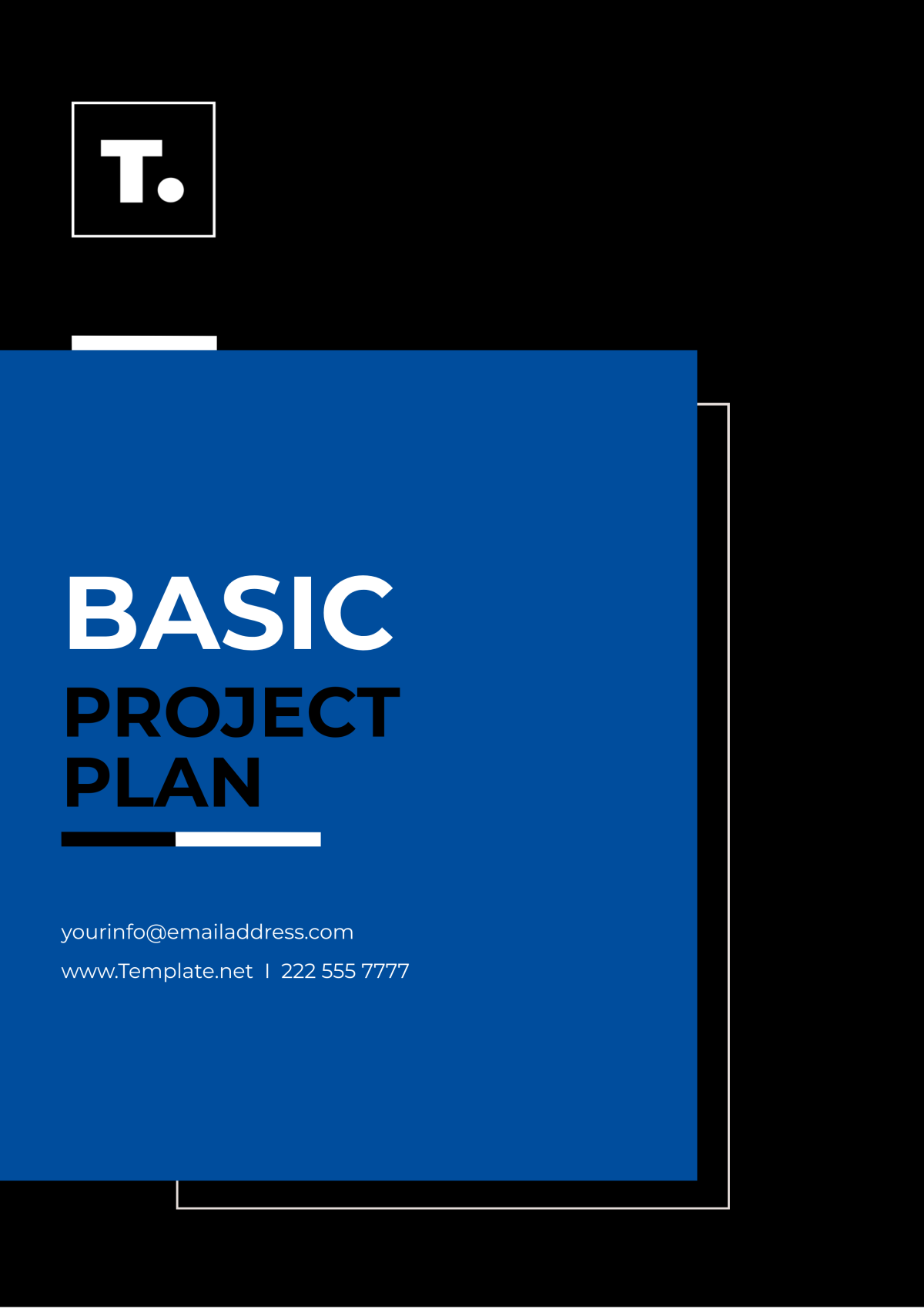Website Migration Project Plan
Prepared by: | [YOUR NAME] |
Department: | [DEPARTMENT] |
Date: | [DATE] |
I. Introduction:
The Website Migration Project Plan, created by [Your Name] for [Your Company Name], outlines the comprehensive strategy for migrating the website to a new content management system (CMS). This project aims to upgrade the existing website infrastructure to improve performance, enhance security, and provide a better user experience. The migration process will involve careful planning, execution, and monitoring to ensure minimal disruption to website functionality and SEO rankings.
II. Project Overview:
A. Objectives:
The primary objectives of the website migration project are:
Upgrade to a modern and scalable CMS platform.
Enhance website security and performance.
Improve user experience and navigation.
Preserve SEO rankings and minimize downtime.
Ensure seamless transition for website visitors.
B. Scope:
The scope of the project includes:
Selection of a new CMS platform.
Content audit and migration.
Design and development of the new website.
Implementation of SEO best practices.
Testing and quality assurance.
Deployment and post-migration support.
C. Stakeholders:
Key stakeholders involved in the project are:
[Project Sponsor]: Provides overall direction and support.
[Project Manager]: Responsible for project planning and execution.
[Web Development Team]: Implements technical aspects of the migration.
[Content Team]: Manages content audit and migration.
[SEO Team]: Ensures SEO considerations are addressed throughout the process.
III. Project Phases:
The website migration project will be divided into the following phases:
A. Planning Phase:
During this phase, the project team will:
Define project objectives and success criteria.
Conduct a thorough analysis of current website infrastructure.
Identify key stakeholders and their roles.
Develop a detailed project plan, including timelines and milestones.
Secure necessary resources and budget approvals.
B. Pre-migration Phase:
In this phase, the project team will:
Select the new CMS platform based on requirements.
Conduct a content audit to assess existing assets.
Develop a migration strategy, including URL mapping and redirects.
Plan for website backups and contingency measures.
Communicate with stakeholders about the upcoming migration process.
C. Migration Phase:
During the migration phase, the project team will:
Execute the migration plan according to the defined timeline.
Transfer content, media files, and databases to the new CMS.
Implement SEO best practices, including meta tags and structured data.
Conduct thorough testing to ensure website functionality and performance.
Address any issues or errors encountered during the migration process.
D. Post-migration Phase:
After the migration is complete, the project team will:
Monitor website performance and user feedback.
Conduct post-migration SEO audits to ensure rankings are maintained.
Provide training and support for content editors and administrators.
Implement ongoing maintenance and updates for the new website.
Document lessons learned and best practices for future reference.
IV. Communication Plan:
Effective communication is essential throughout the website migration project. The project team will:
Hold regular status meetings to discuss progress and issues.
Provide updates to stakeholders via email, reports, or presentations.
Establish a centralized communication channel for real-time collaboration.
Create documentation and FAQs for internal and external stakeholders.
Address any concerns or questions raised by stakeholders in a timely manner.
V. Risk Management:
Identifying and mitigating risks is crucial for the success of the website migration project. The project team will:
Conduct a risk assessment to identify potential threats to project objectives.
Develop risk mitigation strategies and contingency plans.
Monitor and track risks throughout the project lifecycle.
Communicate risk status and mitigation efforts to stakeholders.
Adjust the project plan as needed to address emerging risks and issues.
VI. Conclusion:
The Website Migration Project Plan provides a roadmap for successfully upgrading the website to a new content management system. By following the outlined phases, communicating effectively, and managing risks proactively, [Your Company Name] can achieve its objectives of improving website performance and user experience while minimizing disruption to operations. This project plan will serve as a valuable resource for guiding the migration process and ensuring a seamless transition for all stakeholders involved.
VII. Approval:
The detailed project plan, once completed, will be submitted for approval to the following authority:

[Approver's Name]
[Approver's Position]
[DATE]
